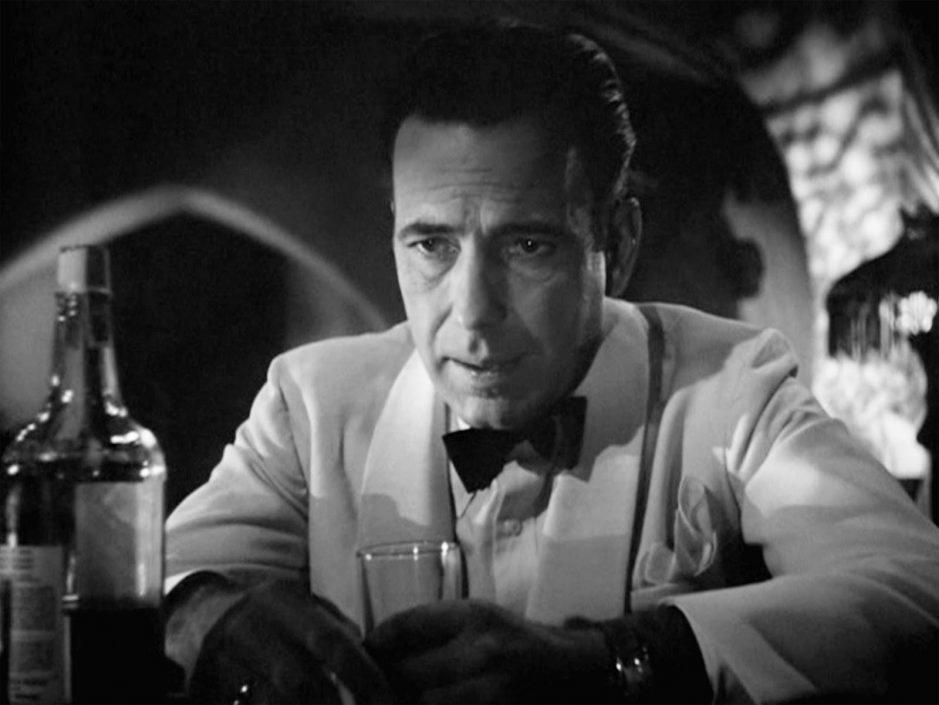Coincidences in plays can be problematic. Audiences will only tolerate so much. Once when discussing coincidences in “Oedipus Rex,” an instructor said what I think is a nifty, concise rule: “There should be only one coincidence per play, and it should happen offstage, and in the past.”
Scott Myers makes the distinction between Fate coincidences and Writer coincidences. (Fate coincidences are the good kind.)
His Rule:
- You are only allowed one coincidence per script.
- If you’re going to have a coincidence, might as well make it a big one.
- Avoid writer’s coincidence by making it a bad coincidence. That is, have the character be affected adversely by the coincidence.
But wait, there’s another trick he recommends: A writer can get away with a coincidence if characters acknowledge the coincidence. His example is from Casablanca.
“Of all the gin joints, in all the world, she walks into mine.”
It’s a HUGE coincidence. But it’s also the only one in the script. And it’s a bad coincidence, something Rick doesn’t want, which justifies part of the scene’s existence. But the larger point is this: Rick needs it. It HAS to happen.
So Rick simply states it in dialogue, which acknowledges the ironic nature of Fate, and that minimizes the influence of writer’s convenience. It’s Rick’s narrative imperative, he has to deal with his past which means Ilse must appear in his present. It’s not only Fate, but he recognizes it as such.
